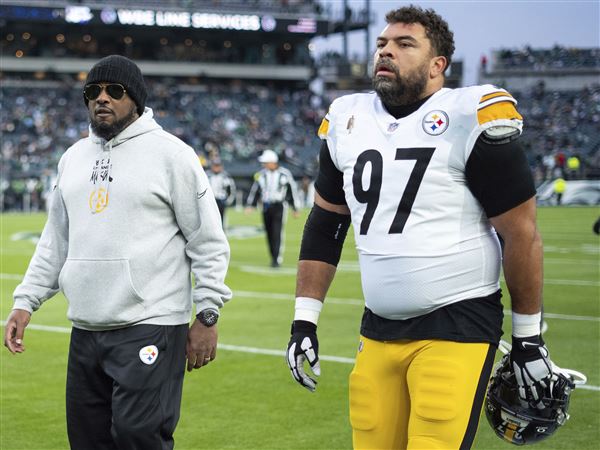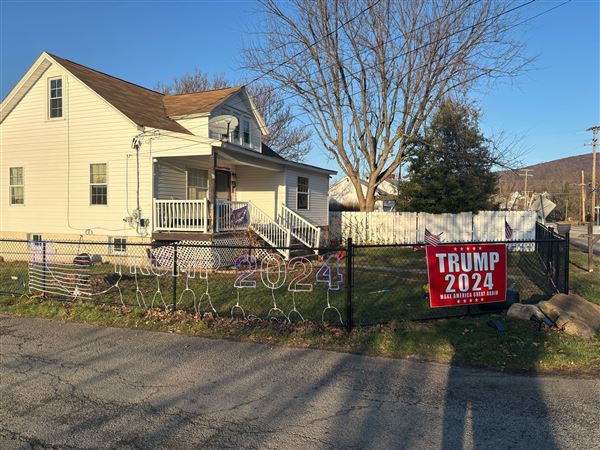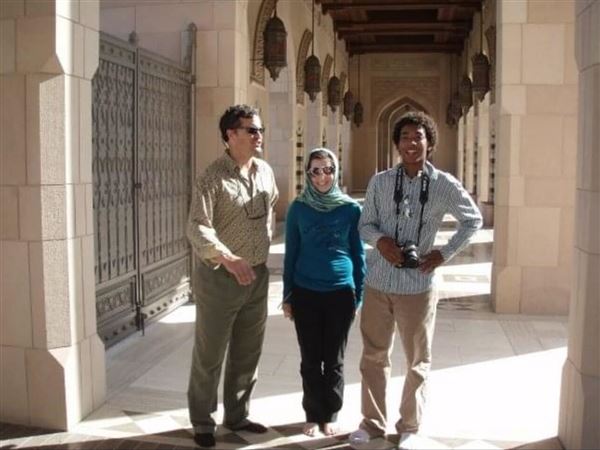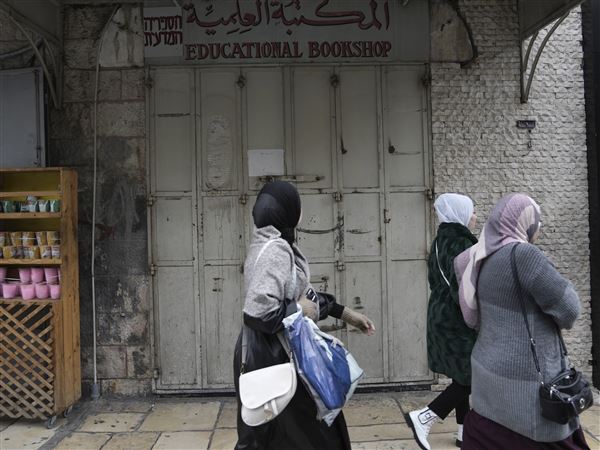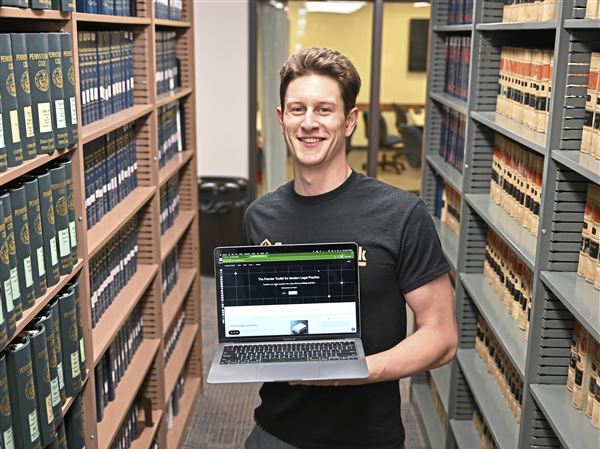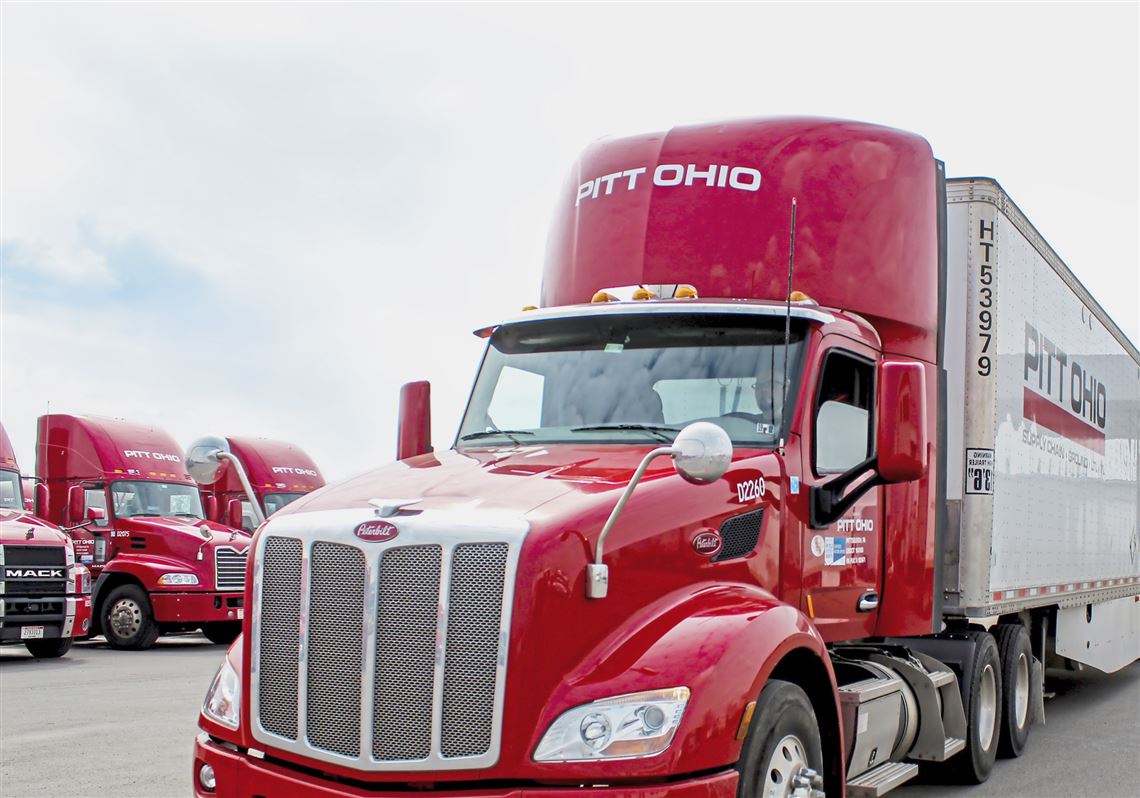When a University of Pittsburgh study showed managers at the Pitt Ohio trucking company that drivers are not as safe on the road if they are constantly worried about money, the company decided to help its workers start emergency savings accounts.
“Many of our workers had never had a regular systematic savings program where they were always setting money aside,” said Brian McGuire, a vice president and human resources manager at the company based in the Strip District.
The company started a payroll savings program in 2016 that it called the Rainy Day Fund.
The fund encouraged employees to have a minimum of $19 a week taken out of their check and deposited into the company’s credit union. Each employee who saved consistently without making a withdrawal received an extra $56 from the company after the first 26 weeks and another $56 after the next 26 weeks.
With Pitt Ohio’s $112 contribution, anyone who stayed in the program for a year would have saved a minimum of $1,100.
“That way if they have a car repair, they need a hot water tank, or whatever happens, they will have that ready access money,” Mr. McQuire said. “Because if you don’t have it, what do you do? You put it on a high interest credit card, or worse, you ask for a loan out of your 401k.”
‘Financial precarity’
Pitt Ohio embraced the idea of improving the financial well-being of its workers after participating in a study conducted by University of Pittsburgh professor Carrie Leana. Her research has found that anxiety about debt and financial stability can severely reduce the productivity and health of employees, which can ultimately hurt a company’s bottom line.
She has studied thousands of workers in several different industries and occupations, from medical professionals to restaurant servers. The consistent theme of her surveys and individual interviews has been that workers in all industries who are persistently stressed about money are at a disadvantage to perform well on their jobs.
The name for this persistent feeling of worry affecting more Americans, she said, is “financial precarity.”
“When you think about it, we’ve always had the poor among us, unfortunately. But financial precarity has been democratized,” said Ms. Leana, a professor of organizations and management at the Katz Graduate School of Business. “Now, it’s in the middle class. It’s even in the upper middle class.
“All of us are one healthcare problem away from being worried all the time about paying the bills,” Ms. Leana said. “I think of it as democratization. Usually we think of democratization as being a good thing. In this case, it’s not such a good thing.”
Financial problems are the No. 1 stressor of Americans, according to the American Psychological Association. Many people are more worried about money than anything else, including work, relationships, family or health.
The Board of Governors of the Federal Reserve System released a report in May stating that many adults are so financially vulnerable they would have difficulty handling an emergency expense as small as $400 without having to borrow it.
“In addition, volatile income and low savings can turn common experiences — such as waiting a few days for a bank deposit to be available — into a problem for some,” the report said.
Ms. Leana said she is in the process of compiling her years of research on the topic for a book about financial precarity, making the case to businesses why it’s in their best interest to address the issue.
The more common story of financial struggle used to involve single mothers working for minimum wage.
But financial worry has spread to middle and upper middle class households struggling with health issues; or the truck driver who hasn’t missed a day of work in 30 years yet has bills he cannot pay; the restaurant server who is behind on her taxes; or sales people, accountants and solid middle class workers who were downsized and either can’t find work or are forced to work for much less than before.
“What strikes me in talking with people is they really try to be prudent,” she said. “They are living their lives and something happens. And once that something happens, they just start to go under. All of a sudden you have this lifestyle, or your kids are in college. You live in Mt. Lebanon and you can’t afford that life anymore.
“What people do is they keep thinking they are going to turn the corner,” she said. “So, they run up their credit cards. They deplete their savings and then they are behind the eight ball.”
More accidents
Pitt Ohio doesn’t want its drivers there.
“The reason we got involved is because when an employee is under stress — in this case financial stress — they are not 100% focused on their job,” Mr. McQuire said. “The majority of our employees are truck drivers. They are professionally trained drivers and we have a very safe fleet of drivers.”
The Pitt research project found the company’s truckers who were worried about money were more distracted, resulting in about eight accidents a year that could have been avoided.
Pitt Ohio’s push for emergency savings appears to be paying off.
Mr. McGuire said almost half of the company’s 2,800 eligible full-time employees have signed up for the systematic savings program in the last three years. Pitt Ohio workers have saved about $1.5 million so far in the Rainy Day Fund.
“We’ve had employees who have always been in our credit union and have regular savings already,” Mr. McGuire said. “They just added to it with this program. We also found we had a number of employees who didn’t have that regular weekly systematic savings.
“We did this to help our employees,” he said. “We wanted to teach them that it’s only $19 a week. That’s three stops at a Starbucks. That’s a couple of packs of cigarettes.”
The company also provides employees with a 401k plan and a profit-sharing plan.
New Pitt Ohio employees and current employees who want to join the Rainy Day program can do so twice a year either in October or April. The company does that in order to segregate the initial two 26-week periods eligible for the company’s $56 contributions.
Roughly 90% of the people who joined three years ago are still in it, although they don’t get contributions from the company after the first year. The money is intended to be used for emergencies, but employees are free to make withdrawals at any time for any purpose.
“One person came in and they said they wanted money to buy a new [exercise] treadmill. OK. That was an emergency for them,” Mr. McGuire said. “Others need money for car repairs or they need to pay off some bills.
“If they are worried about a bill or financial stress, their head might not be in the game and we want to eliminate that. All they need to do is make a phone call to the credit union and get the money. That’s the real value of this thing.”
Tim Grant: tgrant@post-gazette.com or 412-605-2335.
First Published: July 25, 2019, 12:30 p.m.
Updated: July 25, 2019, 12:38 p.m.
